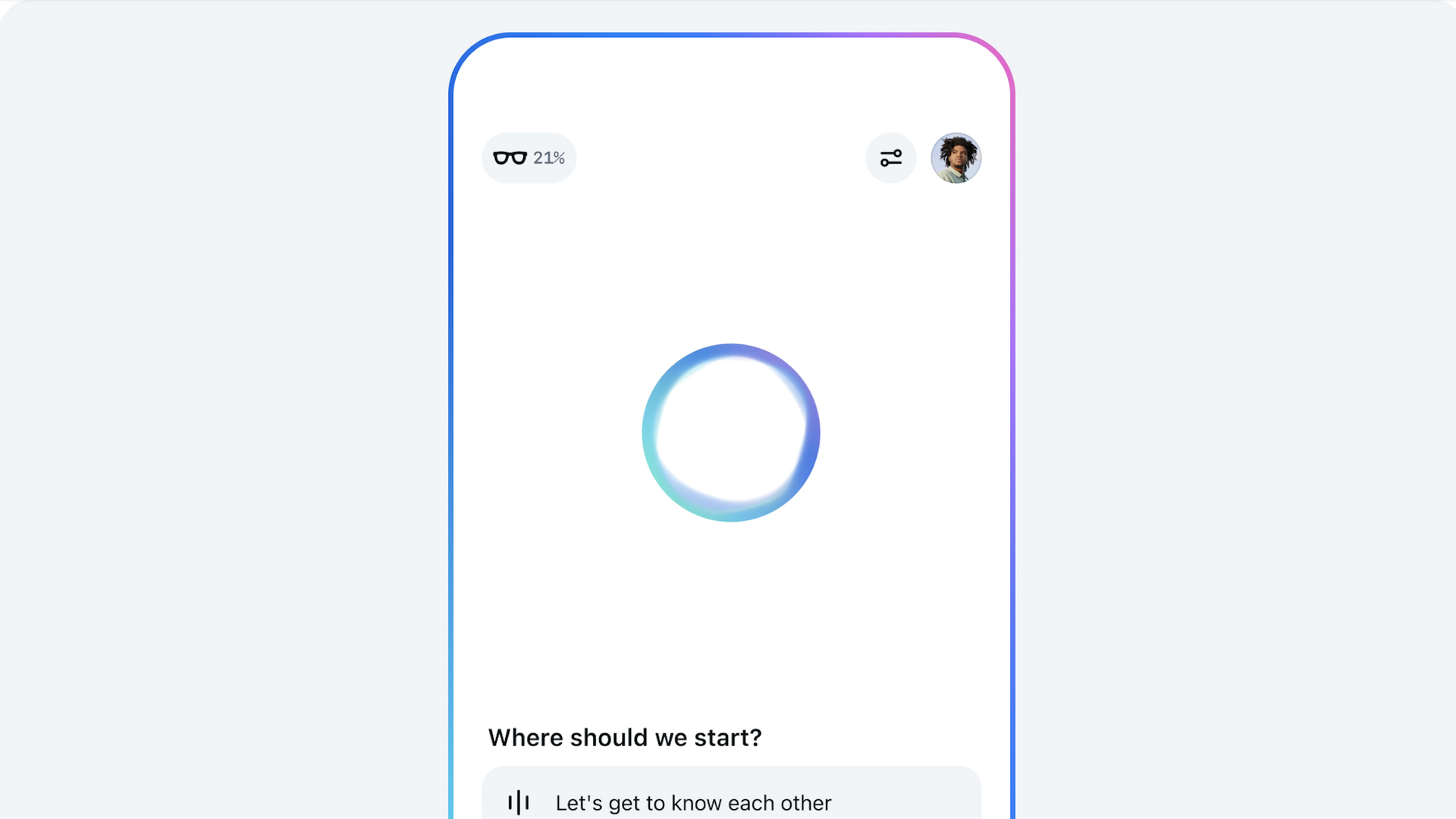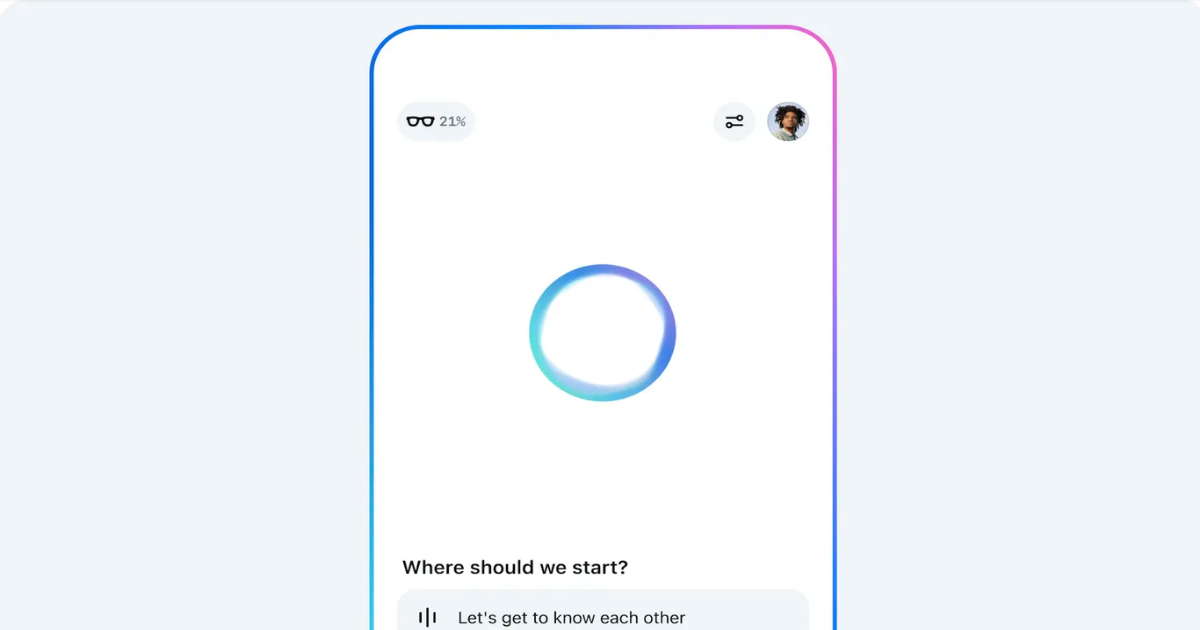
Meta on Tuesday debuted a new mobile app that consolidates the company’s AI efforts while adding new voice and social capabilities.
Why it matters: Facebook’s parent company will use its massive social graph and extensive knowledge of its users to help its AI assistant stand out from rivals including OpenAI, Google and Microsoft.
Driving the news: In a blog post, Meta said the new app incorporates its latest Llama 4 large language model with an early version of an improved voice experience that allows for natural conversation, similar to ChatGPT or Google’s Gemini.
- Meta is also trying to make AI use a more social experience with a new “Discover” feed that shows how others are using AI and allows users to share their own AI experiences.
- The app will also become the new home for those using the company’s Ray-Ban smart glasses, which previously connected through a separate app known as Meta View.
What they’re saying: “Meta AI is built to get to know you, so its answers are more helpful,” the company said in its blog post. “It’s easy to talk to, so it’s more seamless and natural to interact with. It’s more social, so it can show you things from the people and places you care about.”
- “Your Meta AI assistant also delivers more relevant answers to your questions by drawing on information you’ve already chosen to share on Meta products, like your profile, and content you like or engage with,” per the blog post.
- Meta says people can explicitly ask the AI assistant to remember certain details and that people can also delete remembered details.
The big picture: Meta has been gradually adding its AI assistant across its product line, including Facebook, Instagram and WhatsApp.
- The app announcement comes ahead of a Llamacon event taking place later Tuesday where Mark Zuckerberg will be speaking, along with Microsoft CEO Satya Nadella and Databricks CEO Ali Ghodsi.
Yes, but: Given Meta’s business model, the AI push raises a host of questions about how the company’s AI will keep users engaged and interact with advertising over time.
Go deeper: Meta’s AI feasts on user data
